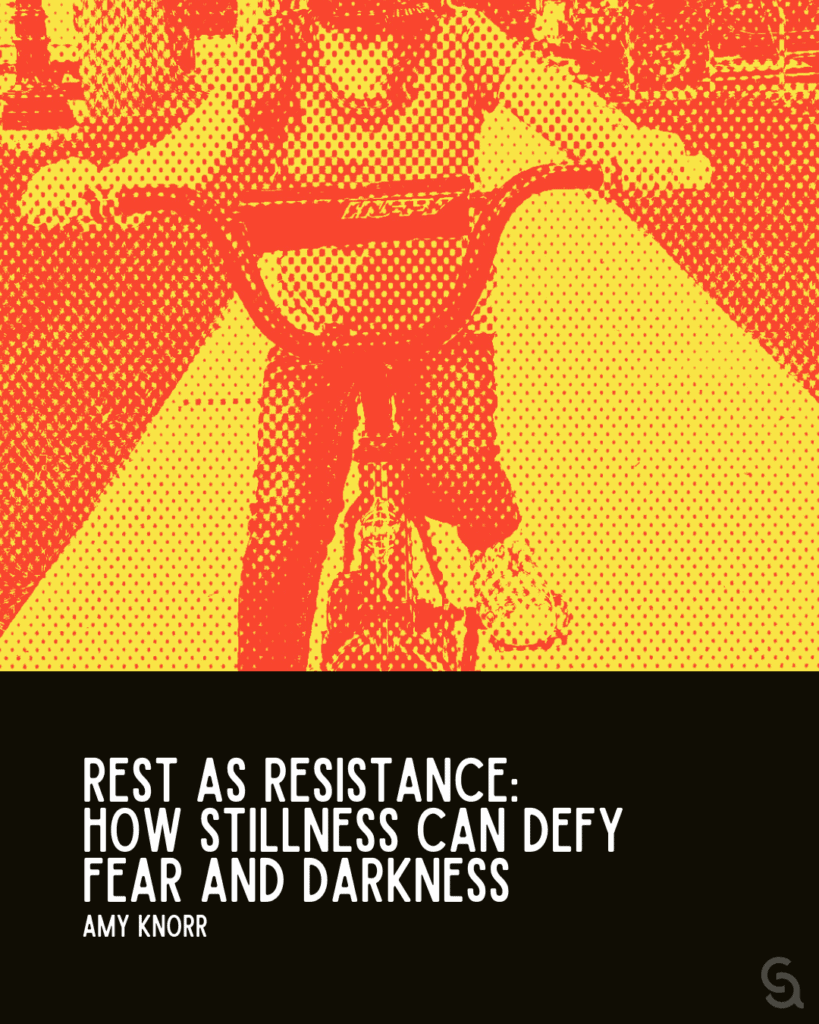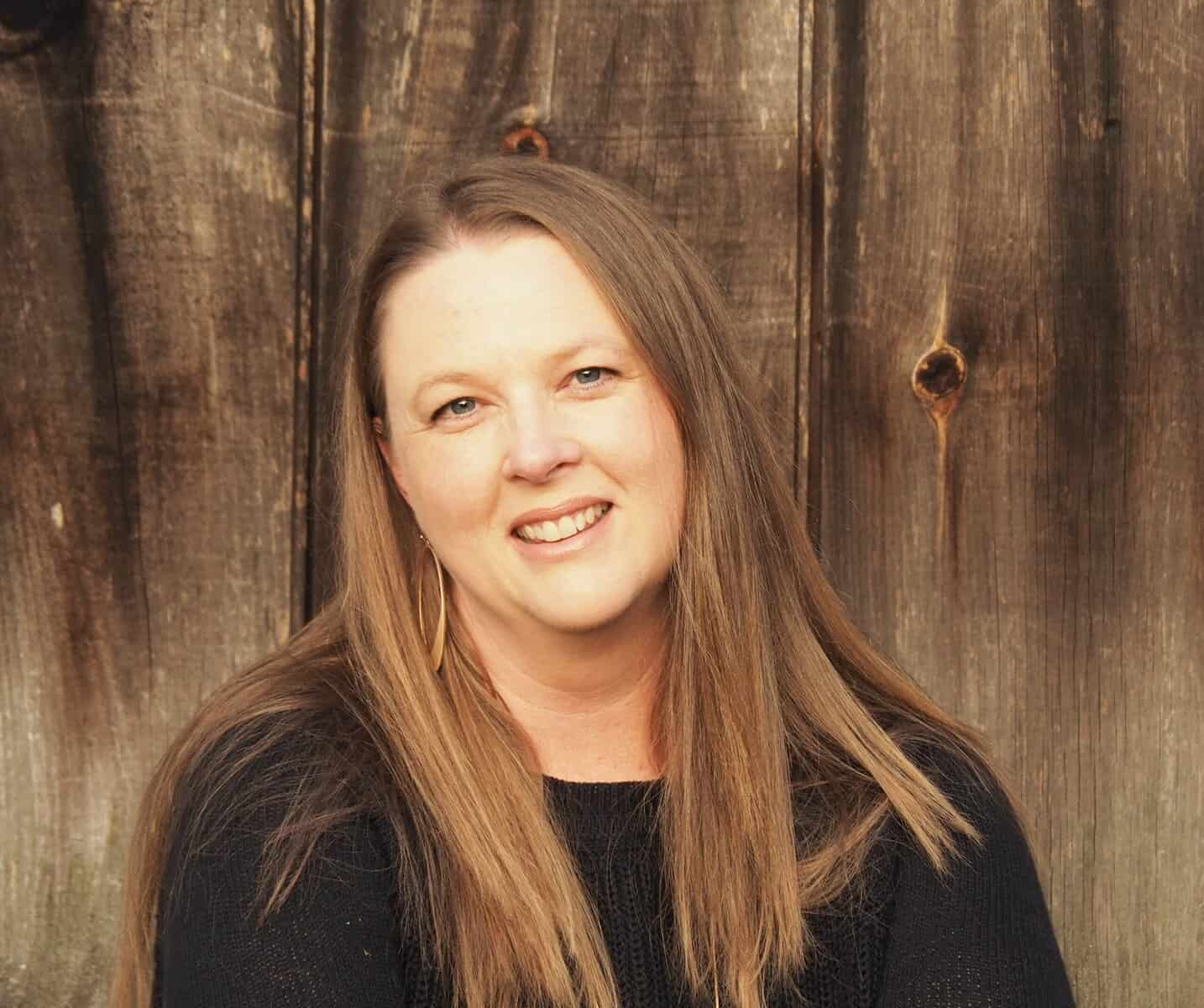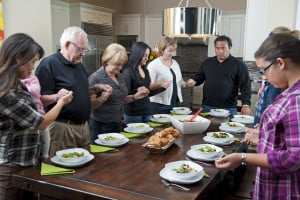 On that first solo-driving day, as my daughter backed out of the garage and onto the road with a smile and a little wave, I swear I saw the gossamer shape of a 5-year-old, hands clenched on the handlebars of a tiny bike, pedaling shakily down the street with that familiar left-right wobble of a new rider.
On that first solo-driving day, as my daughter backed out of the garage and onto the road with a smile and a little wave, I swear I saw the gossamer shape of a 5-year-old, hands clenched on the handlebars of a tiny bike, pedaling shakily down the street with that familiar left-right wobble of a new rider.
I remember those early days so clearly—how much resistance there was to learning, how much fear of falling. In the beginning, my daughter would come home from a ride and peel her hands off the handlebars, lamenting how much her arms, shoulders, and neck hurt. Her tight grip—born of fear—was actually making the ride harder, sometimes even causing the very fall she wanted to avoid.
And there was no joy in it. Fear has a way of doing that—draining formation and delight, replacing them with a settling darkness.
The Darkness We’re Living In
I see that same darkness in the world right now. Like the Earth in Madeleine L’Engle’s A Wrinkle in Time, the shadow seems to be wrapping the planet in a “sickness of shadow.” And like Meg, L’Engle’s main character, I feel impatient to fight it. My grip on the handlebars of my life—and the life of the world—tightens. My rage stiffens into a joyless, shackled posture, leaving no flexibility to lean gently into power and purpose.
Unchecked, doesn’t rage fight like fear? They are both part of that sickness of shadow. And I think about Jesus—who embodied righteous anger but also went away early in the morning to be alone with the Father. Maybe resting with God is itself a form of powerful resistance.
What the Civil Rights Movement Taught Me About Stillness
Recently, I came across notes from a 1963 active nonviolent protest training session. Handwritten on yellow legal paper, they were moving and deeply practical:
“Help develop N-V ‘MENTAL SET’—will react constructively in crisis—if you are ‘set’ to be N-V, you will.
Don’t go anywhere alone.
Singing. Singing is better than chant, chanting is better than shouting.”
Set to be nonviolent. Might I also say—set to be still and know?
When I choose stillness, I am learning to listen deeply to God’s movement. This develops the ability to rest even in times of crisis. And when the world seems to be crumbling, I can wonder first how God is inviting me into His work, then walk forward with confidence.
Rest Isn’t Passive
In this place of rest, fear is replaced with love, a sound mind, and real power. I don’t go alone—I slip my hand into God’s hand, moving with a centered-down intensity powered by the Spirit.
And yes, why not sing as I go? Scripture is full of people singing: David’s songs of deliverance, Miriam’s song on the banks of the Red Sea, the Israelites’ laments after Jerusalem’s fall. Singing is both an anchor and a form of resistance—loosening the grip of darkness and summoning courage for the work ahead.
In the most shadowed moments of my life, singing has been a practice of unhooking from the grip of the dark. It grounds me, calls me to courage, and keeps me from adding my own fear or rage to the deepening dark.
Learning to Loosen My Grip
That first day of solo driving, my daughter turned the corner and smiled back—a smile that felt like defiance against the dark. In time, she learned to release her grip, relax her arms, and trust she would be held steady. Her effort joined with the bike’s momentum, filling her with joy and freedom.
I want my resistance to look like that—whether turning over tables or singing in the lobby of an immigration court. I want to join my effort to the One whose love brings true freedom. I want to be still and move forward.

Amy Knorr is a spiritual director and digital community architect who loves to nurture contemplative spaces in real life and online. Amy spends her days facilitating one-with-one spiritual direction, group workshops/retreats both in person and in digital meeting spaces, and in growing and shepherding digital communities like The Neighborhood, The Black Barn Online, and RealRest. She earned a BA in English from Texas A&M, an MA in Christian Formation from North Park Seminary, and a certificate in spiritual direction from the C. John Weborg Center for Spiritual Direction. She was awarded a Louisville Institute grant to study the cultivation of intentional online spaces for the purpose of spiritual formation, and is currently writing about her findings. Amy lives with her husband and two teenage girls in the Amish country of Pennsylvania. When she’s not writing, speaking or facilitating community, you can find Amy on a trail with her big, goofy Goldendoodle, in the garden fighting weeds and rabbits, or in her library with a good book and a cup of tea.


